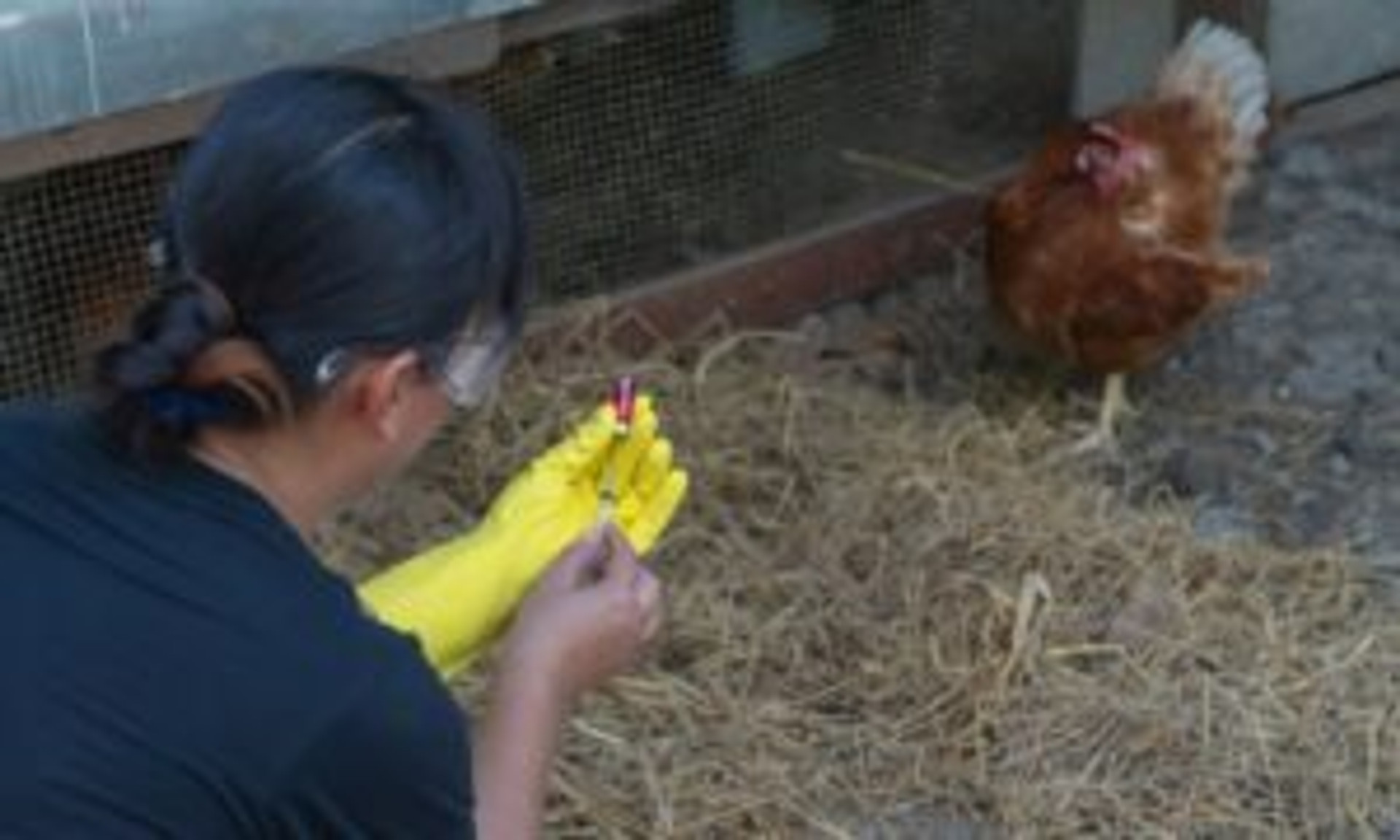How to Prevent and Treat Infectious Bronchitis in Chickens
One core responsibility of a chicken keeper is to keep the flock healthy and safe from diseases such as infectious bronchitis.
When infections hit your coop, they can move quickly through the flock and cause discomfort, lack of energy or productivity, and even death. The more you know about chicken health and the diseases they face, the easier it will be to maintain a clean coop and healthy flock.
Learn all you need to know about how to prevent and treat the infectious bronchitis virus in chickens with this guide.
AN OVERVIEW OF INFECTIOUS BRONCHITIS
Infectious bronchitis is an acute and highly contagious viral disease that affects chickens’ respiratory systems. Chickens of all ages are susceptible to this respiratory disease, but the clinical signs are often more severe in chicks younger than six weeks old.
Symptoms of infectious bronchitis include common respiratory issues like sneezing and coughing. Chickens with the disease appear to be depressed, lethargic, or experience a lack of appetite.
Laying hens will also see a sharp decrease in egg production. These clinical signs tend to show up after a couple of days, but they can last for weeks after the infection begins.
VACCINATIONS AND OTHER BEST PRACTICES
Vaccinations play a fundamental role in preventing and treating infectious bronchitis in chickens. You can purchase both live and inactive vaccines and give them to day-old chicks through a chicken waterer or through a spray.
In addition to the vaccine, good ventilation and air quality will help preserve a flock’s respiratory tracts. Good ventilation keeps the coop dry while preventing the buildup of ammonia and airborne pathogens.
Other prevention measures include disinfecting equipment, controlling pests like rodents and insects, and taking health and safety precautions when others visit the flock.
TREATING INFECTIOUS BRONCHITIS IN CHICKENS
There is no specific treatment for infectious bronchitis, but there are supportive measures you can take to help infected chickens. Antibiotics can control secondary infections and make recovery easier and safer for your flock.
Raising the temperature of the coop or brooder by five degrees Fahrenheit can also ease symptoms. It’s also crucial to isolate infected chickens to minimize the disease’s spread and keep uninfected flock members safe.
This respiratory illness is bad news in the poultry industry, especially since it severely affects egg production.
Do you have experience with infectious bronchitis in your flock? If you have stories, tips, or advice, share them with us in the comments below!

